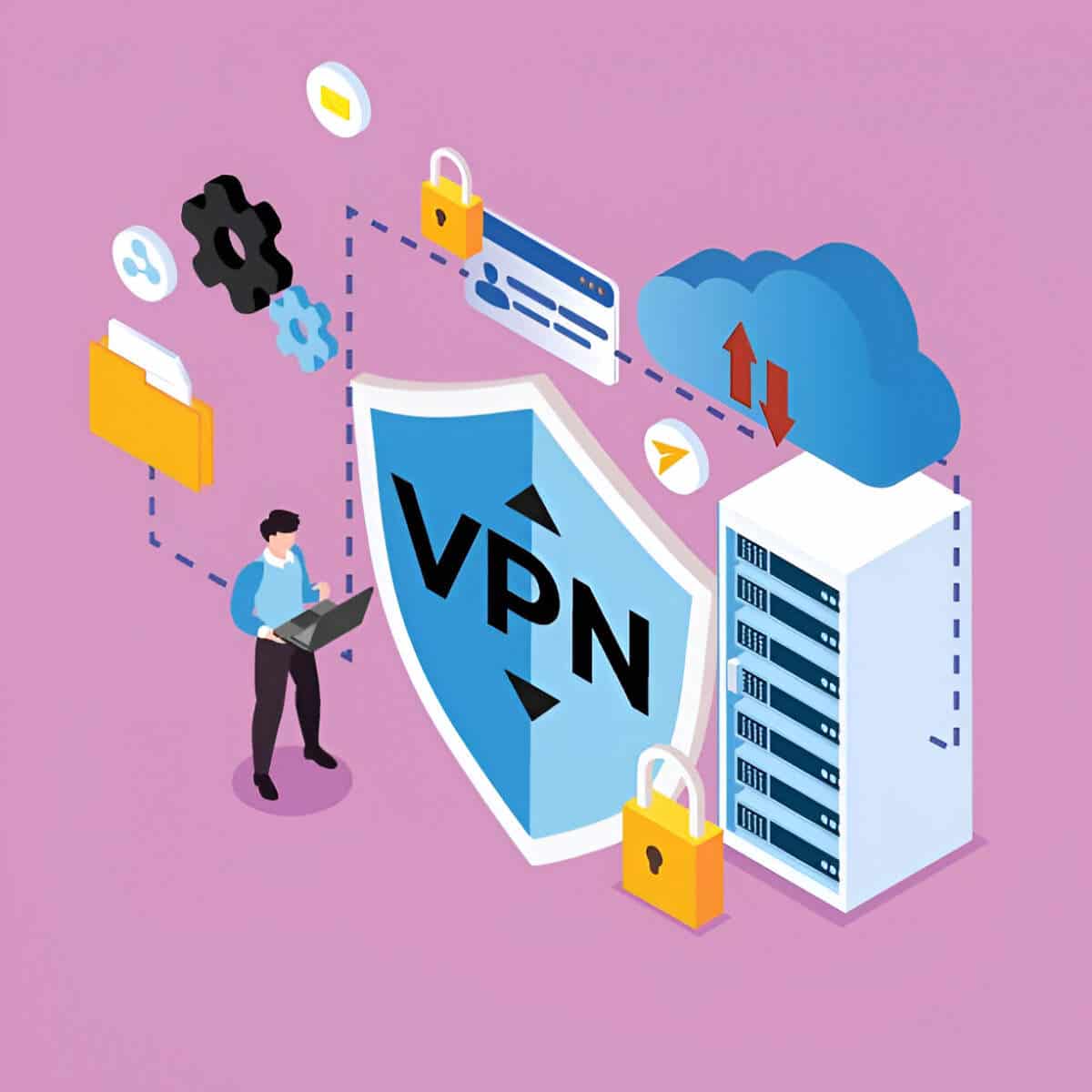The internet is a powerful tool, but it’s not always safe or private. From tracking cookies to unsecured networks, there are many ways your online activity can be monitored or intercepted. While cybersecurity may seem like a complicated topic, protecting your digital life doesn’t have to be. One of the easiest and most effective tools for the average user is a Virtual Private Network, or VPN.
For many, the term VPN might sound like something only used by hackers or IT professionals. But as explained in Surfshark’s beginner-focused blog post VPN for Dummies, VPNs are now simple, accessible, and highly relevant for everyday internet use.
What Is a VPN?
A VPN, or Virtual Private Network, is a tool that secures your internet connection by routing your traffic through an encrypted server. This process hides your IP address and masks your online activity from third parties such as your internet service provider (ISP), advertisers, or anyone monitoring public networks.
The core function of a VPN is to create a private, secure tunnel between your device and the internet. This means that even if someone intercepts your data, it will be unreadable due to the encryption. VPNs offer an added layer of privacy and security, particularly when you’re connected to unfamiliar or unsecured networks.
Why Use a VPN?
Surfshark’s article explains several everyday reasons why people use VPNs, all of which are applicable regardless of which provider you choose.
One major use case is online privacy. Without a VPN, your ISP can track and log the websites you visit, the apps you use, and even the amount of time you spend online. Some providers may use this data for targeted advertising or share it with third parties. A VPN prevents this kind of tracking by encrypting your data and hiding your IP address.
Another common use case is security on public Wi-Fi. Free networks in cafés, airports, and hotels often lack encryption, which makes it easier for attackers to intercept data. Using a VPN on public Wi-Fi helps keep your personal information, such as passwords and credit card details, safe from potential threats.
VPNs are also used to bypass regional restrictions. Some websites and streaming platforms offer different content depending on your geographic location. A VPN allows you to virtually change your location by connecting to servers in other countries. This makes it easier to access region-locked content or services while traveling or living abroad.
In regions with internet censorship, VPNs help users reach blocked websites or platforms. This ability to maintain open access to information is another reason why VPNs are increasingly used around the world.
Are VPNs Easy to Use?
A common misconception is that VPNs are too technical for the average user. This might have been true in the past, but modern VPN apps are designed with simplicity in mind. Most VPNs can be installed in just a few minutes and typically include a one-click connection feature. Once installed, users simply select a server and connect—no advanced setup required.
VPNs also work across multiple devices, including phones, laptops, tablets, and even smart TVs or routers. This accessibility is a major reason why they’ve become more popular among general users, not just privacy enthusiasts or IT professionals.
Features to Consider
While the blog by Surfshark highlights its own feature set, many of the core elements discussed apply to most reputable VPN services. For example, encryption standards are essential. Look for VPNs that use strong protocols such as AES-256, which is widely regarded as industry-standard for secure connections.
A no-logs policy is another important feature. This ensures that the VPN provider does not store or monitor your activity. Other valuable tools include a kill switch, which disconnects your internet if the VPN connection drops, and DNS leak protection, which helps prevent your real IP address from being exposed.
VPN providers like NordVPN, ExpressVPN, and ProtonVPN also offer these features. The best choice depends on your individual needs, such as streaming access, server locations, or ease of use.
Addressing Common Misconceptions
Some people assume VPNs are only used to hide illegal activity. In reality, VPNs are legal in most countries and widely used by individuals who simply want more control over their digital footprint. Using a VPN is no different than using a seatbelt—it’s a precautionary measure that helps keep you safer.
Another myth is that VPNs drastically slow down internet speed. While it’s true that routing traffic through a secure server can slightly reduce performance, most modern VPNs are optimized to minimize the impact. Users can typically switch servers to improve speed or avoid overloaded locations.
Final Thoughts
Surfshark’s VPN for Dummies does a good job of explaining VPNs in an approachable way. The post breaks down how VPNs work, why they’re useful, and how easy they are to use—even for people with no technical background. It emphasizes that VPNs are now an everyday privacy tool, not something reserved for advanced users.
In a time when online tracking and data exposure are increasingly common, VPNs provide a practical and accessible way to reclaim privacy. Whether you’re securing your connection on public Wi-Fi, accessing content while traveling, or simply browsing with less oversight, a VPN is a valuable tool to have.











Leave a Comment